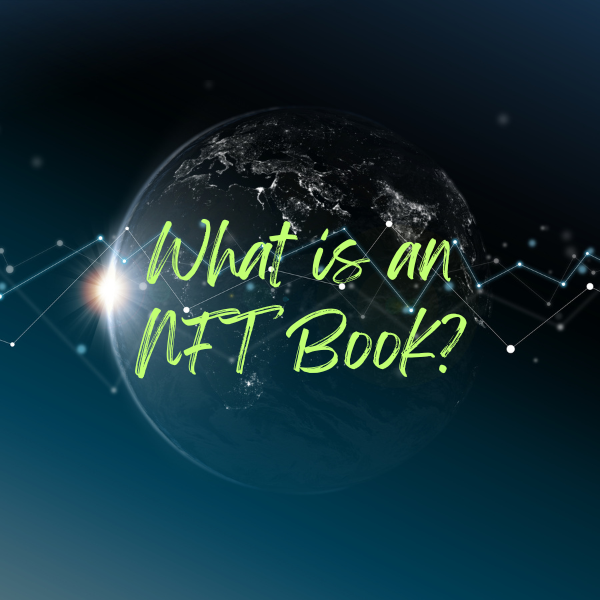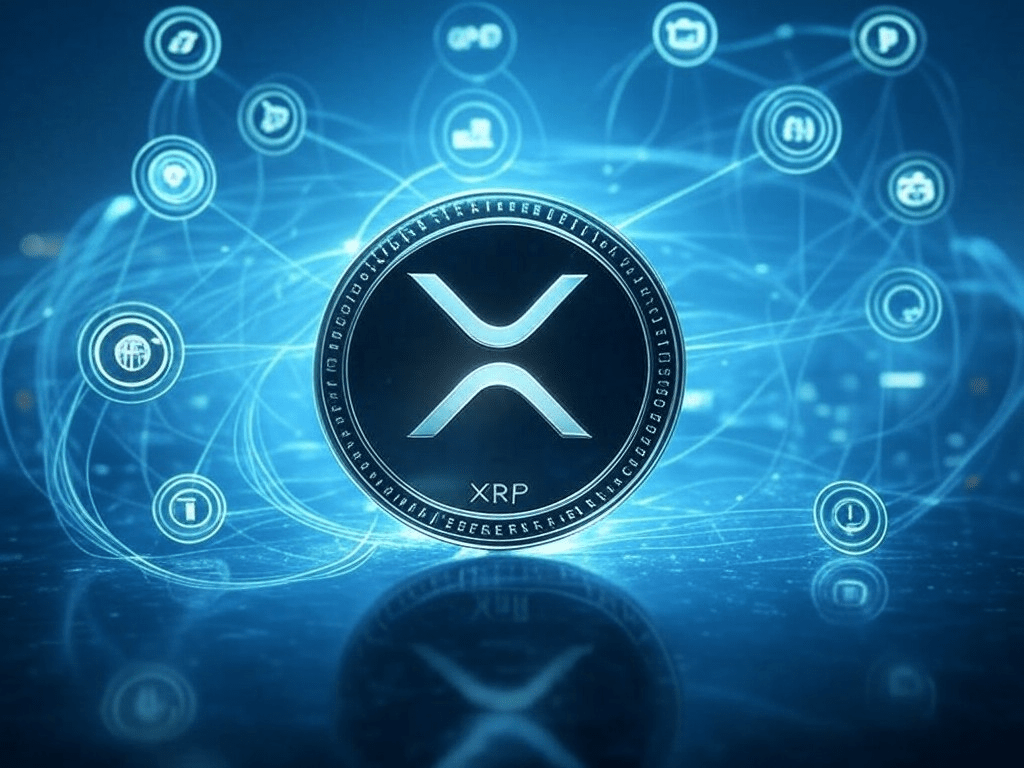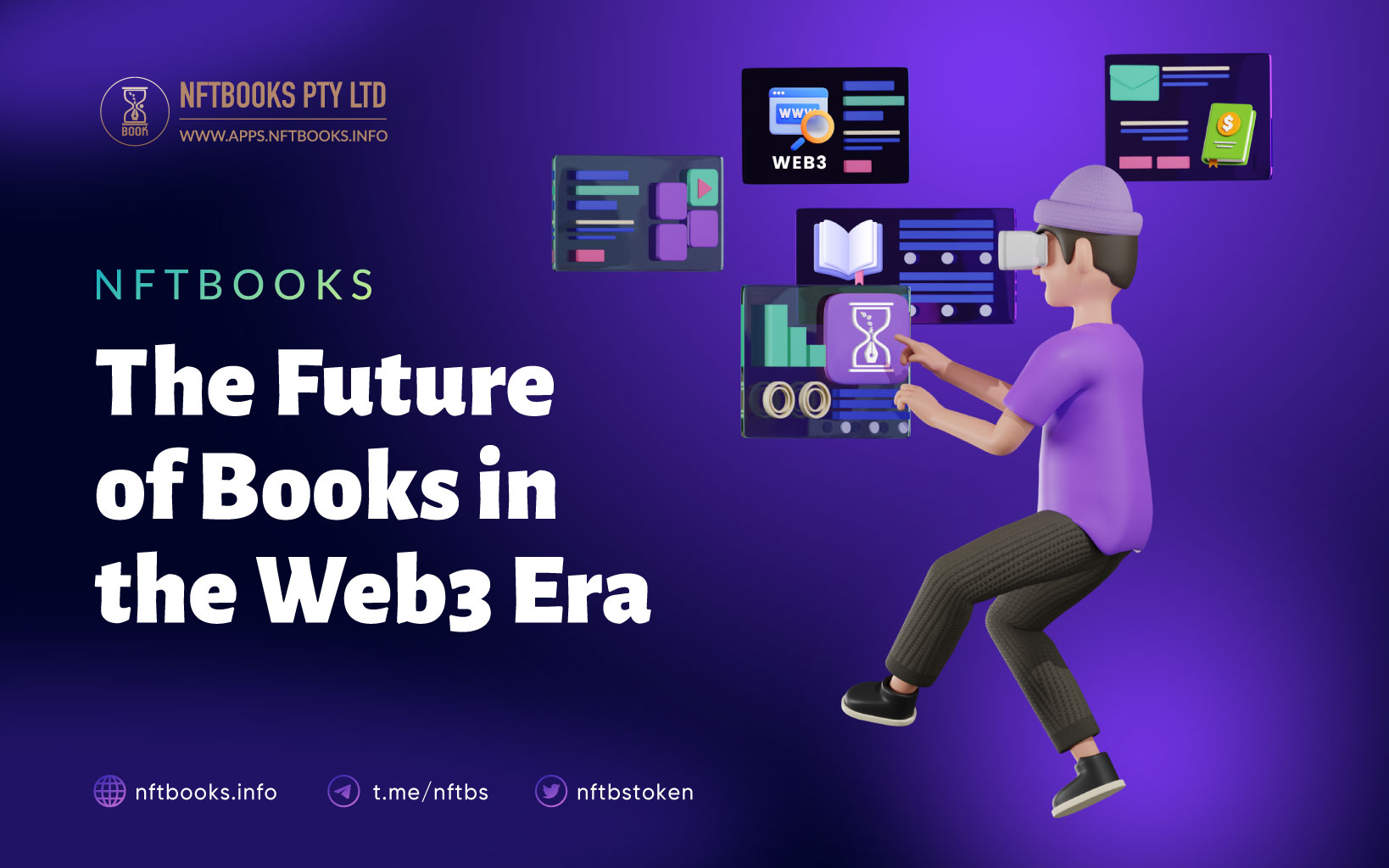The world of publishing has experienced a profound transformation with the advent of blockchain technology and the rise of Non-Fungible Tokens (NFTs). Among the leading players in this rapidly evolving landscape are NFTBOOKS and Amazon, each representing a unique approach to publishing. In this article, we delve into the differences between Web3 Publishing, exemplified by NFTBOOKS, and the more traditional Web2 Publishing model employed by Amazon.
Understanding Web3 Publishing and NFTBOOKS
Web3 Publishing takes advantage of blockchain technology and NFTs to revolutionize content creation, distribution, and consumption. NFTs serve as distinctive digital assets that grant ownership of specific pieces of content, including books, music, art, or videos. NFTBOOKS, a prominent platform in this space, empowers creators to tokenize their works, granting them direct ownership and control over their content.
Unlike conventional publishing platforms, NFTBOOKS champions a decentralized approach by cutting out intermediaries like publishers and distributors. By doing so, content creators receive fair compensation for their work and establish a direct connection with their audience, fostering a deeper sense of community.
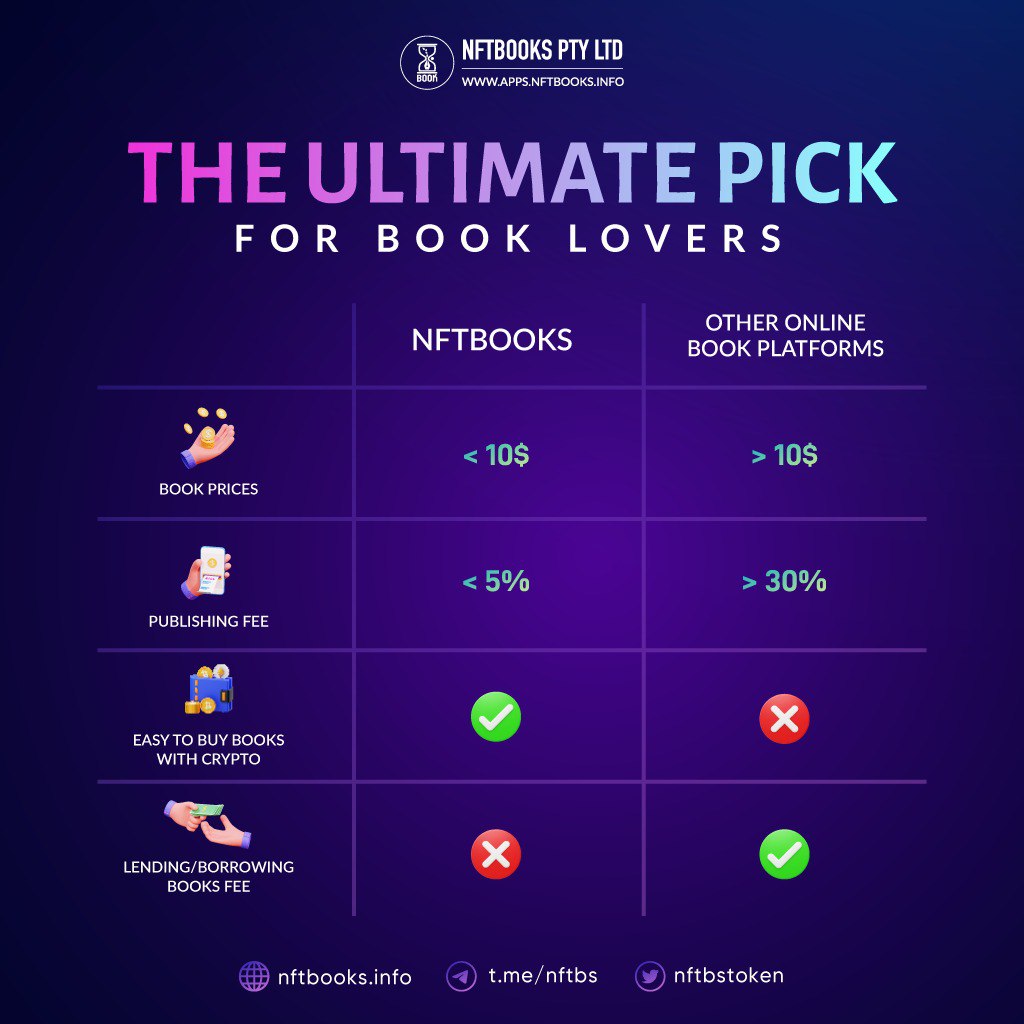
Amazon and Web2 Publishing
Amazon, a global online retail giant, has long held a dominant position in the traditional publishing world. Operating on the Web2 Publishing model, it relies on a centralized system, where content creators often need to navigate agents, publishers, and distributors to reach their readers.
While Amazon’s reach and convenience are undeniable, it also exercises significant control over book pricing, promotion, and distribution. Authors frequently encounter challenges when negotiating fair royalties and retaining ownership rights, as they find themselves subject to Amazon’s infrastructure and policies.
Ownership and Control in Web3 Publishing
The essence of NFTBOOKS lies in its emphasis on ownership and control for content creators. By minting their works into NFTs, authors maintain complete ownership and control over their creations. Readers who purchase these NFTs hold a unique stake in the content, which may appreciate in value over time.
Conversely, Amazon’s centralized structure means authors must adhere to the platform’s terms and conditions to publish and distribute their books. This has raised concerns over issues like exclusivity, pricing, and data privacy, leaving some creators feeling disempowered.
Royalties and Compensation in Web3 Publishing
At NFTBOOKS, a web3 publishing platform, we have a fair and automatic system for giving authors their earnings. This system has two main ways of benefiting authors.
Firstly, when someone buys an NFT book and later sells it to someone else, the original author gets a percentage of that sale directly into their wallet. This means authors keep getting rewarded when their books are resold, which helps them in the long run and makes their creations more valuable.
Secondly, NFTBOOKS also gives authors another kind of earnings. When a reader rents a book from the person who originally bought the NFT (the lessor), the author gets a percentage of the rental fee sent to their wallet. This continues for the author’s lifetime, so they keep earning every time the book is rented out.

NFTBOOKS aims to treat all authors equally and fairly, encouraging healthy competition and supporting their growth. This benefits both authors and readers and helps the publishing industry move forward.
In comparison, Amazon’s royalty system works differently. They negotiate individual deals with publishers, and authors often get a fixed percentage of book sales. This model might not be as financially rewarding, especially for lesser-known authors, and authors don’t get a share of the profits when their books are resold.
Publishing and Subscription Fee
At NFTBOOKS, authors are treated with equality and fairness, where they are only charged a minimal fee (less than 5%). In stark contrast, Amazon imposes substantial publishing fees, ranging from 30% to 70% of the book price.
With its equitable publishing model, NFTBOOKS is dedicated to supporting authors’ growth, ensuring benefits for both writers and readers, and driving progress in the publishing industry.
The NFTBOOKS Advantage: A Free Book Library In Web3 Publishing
NFTBOOKS stands out as a revolutionary force in the publishing world, particularly in terms of affordability and literary accessibility. Unlike other platforms, it offers an exceptional book rental option at an incredibly low cost, making it a dream come true for book enthusiasts with limited budgets.
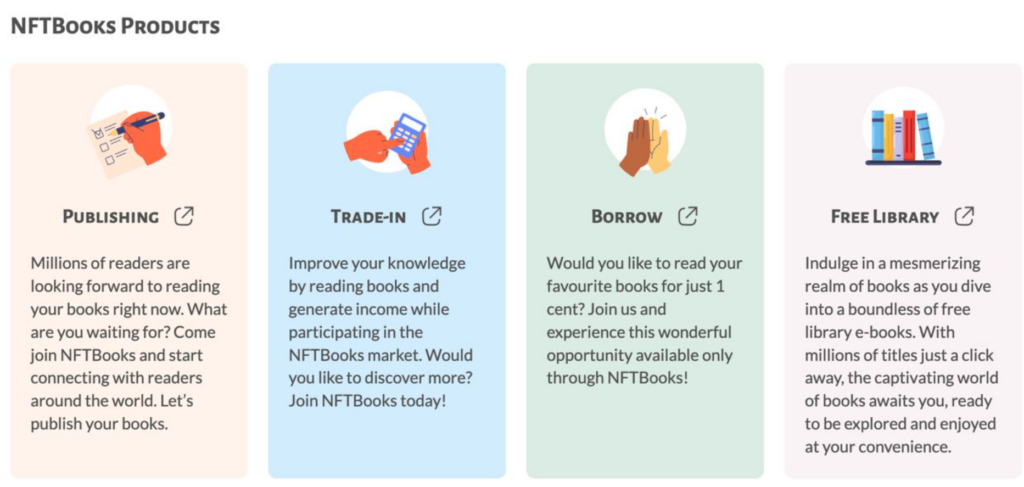
What’s more, NFTBOOKS is taking it a step further by preparing to introduce a free e-book reading library, providing an extensive collection of literary masterpieces without any charge. By prioritizing affordability and making literature available to all, NFTBOOKS is reshaping the reading experience and setting new standards in the publishing industry.
Conclusion: Embracing the Web3 Publishing Landscape
The publishing world is undergoing significant changes with NFTBOOKS and Amazon representing two distinct paradigms: Web3 Publishing and Web2 Publishing, respectively. NFTBOOKS empowers authors through blockchain and NFT technology, promoting ownership and decentralization. Meanwhile, Amazon offers convenience and extensive reach but comes with centralized control and potential limitations for content creators.
As technology continues to shape the future of publishing, content creators and readers must carefully weigh their priorities when choosing between the emerging possibilities of NFTBOOKS and the established landscape of Amazon. Ultimately, the diversity within the publishing world drives innovation, creativity, and new avenues for authors to connect with their audience.


